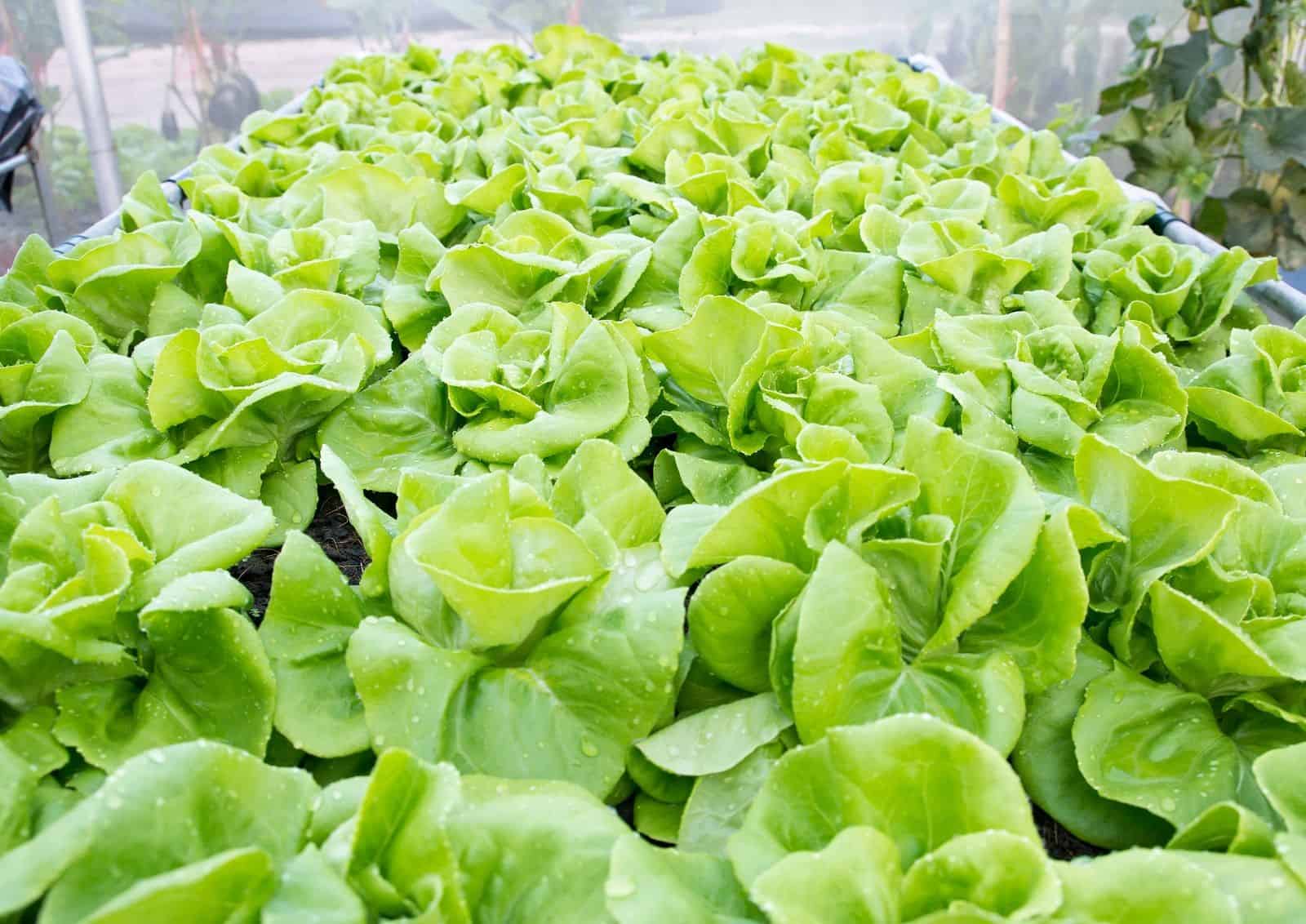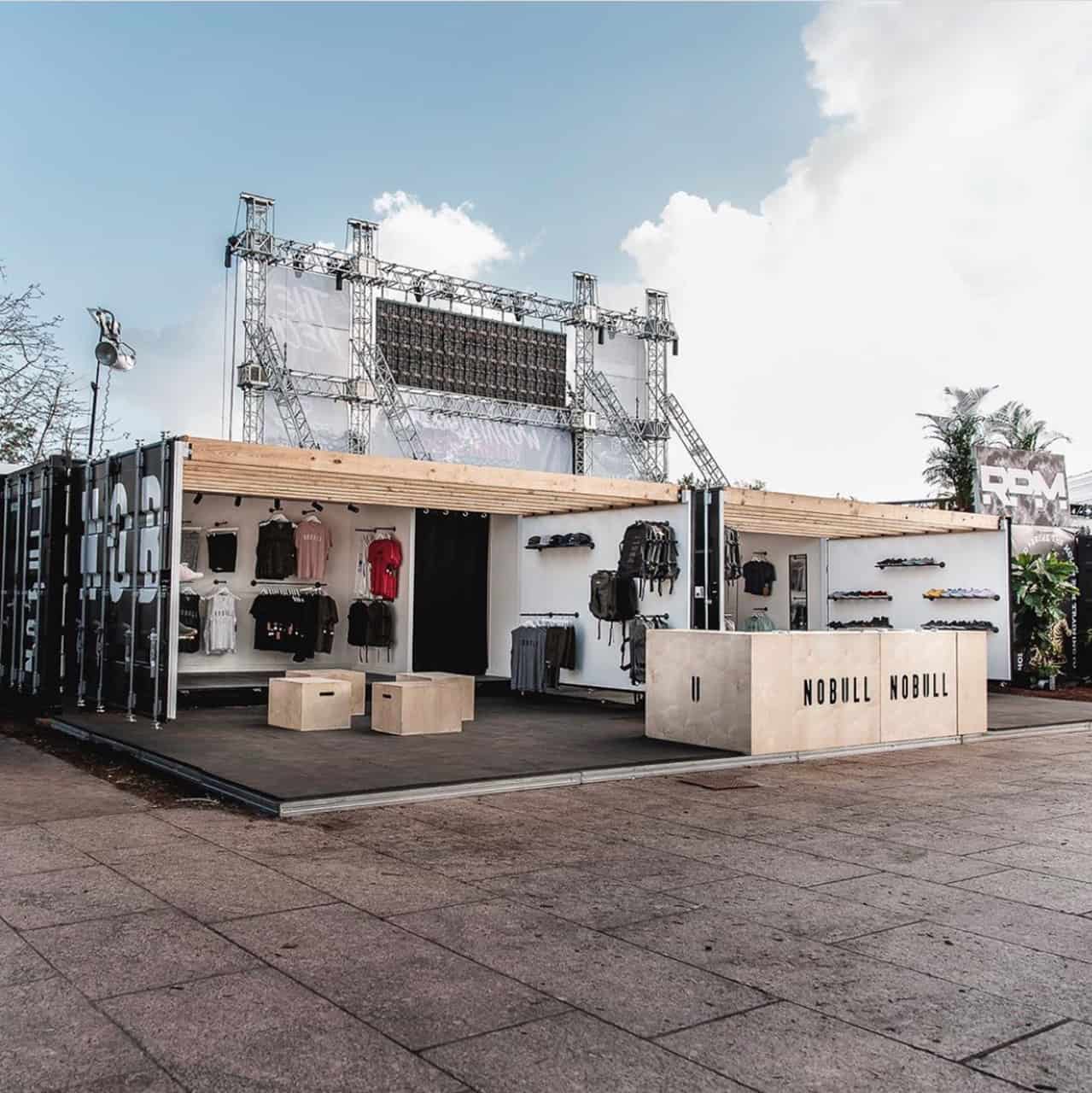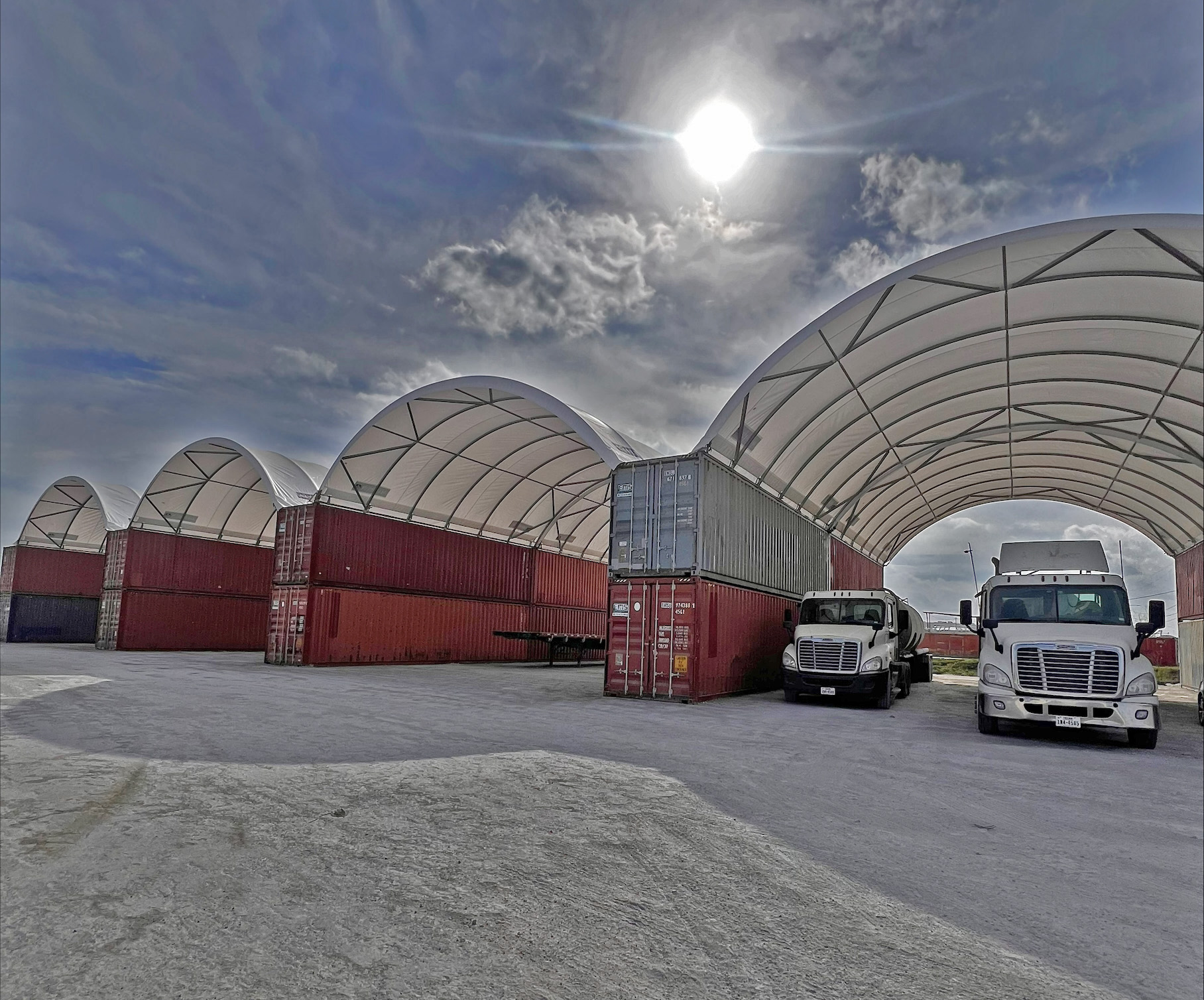The functions of shipping containers continue to evolve as several are being turned into hydroponics urban farms! Hydroponics is a method that grows plants in soilless solutions, such as water and any inert growing medium like coconut fiber, perlite, and sand. Gardening this way offers an optimal nutrient balance for plants and produce nutritious, organic, and abundant crops. In addition, hydroponics decreases or removes pests, cuts gardening time and energy, and allows people to grow plants in arid regions.

Business and non-government organizations are purchasing used shipping containers for sale and turning them into box-type farms in cities. Shipping containers are perfect for this purpose as they already offer a closed environment which is important to hydroponics. In addition, containers can be easily insulated to provide the right level of moisture and temperature for plants. Furthermore, shipping containers are available in many areas which means easy accessibility to the basic farm building structure itself. Finally, used shipping containers are cheaper than new boxes which means more savings for farm start-ups. Learn more about starting an urban hydroponics farm through this FAQ sheet that is specifically prepared for interested entrepreneurs and farmers.
How do you turn a shipping container into an urban hydroponics farm?
Several steps are necessary to convert a steel box into a hydroponics farm. First, the container must be completely cleaned to remove any scent or chemicals that may affect people and plants. Second, the box should be outfitted with places for plant seeding and crop growing. Third, install a LED purple light to provide red and blue spectrum which is necessary to the crops’ optimal growth. Fourth, create a system for checking and maintaining the proper nutrient level for your plants.
Where can you put an urban farm made of a shipping container?
Here are some places where you can put shipping containers- in a parking lot, behind your house, and even behind malls, office buildings, and warehouses. Some schools may also be open to accommodating shipping container farms, especially when their students can learn from sustainable, local farming practices.
What can you plant in shipping containers?
Several urban hydroponic farms plant lettuce, herbs, and other green leafy vegetables. Others grow shiso, mushrooms, and kale. Vining plants like tomatoes, peas, and cucumbers, as well as root crops like potatoes and carrots can also be grown through hydroponics. Fruits such as small fruit trees like papayas can be part of your produce, as well as strawberries and raspberries which are grown in A-frame containers.
If you lack initial capital, where can you get funding?
Some urban farms in boxes are partnering with organizations for people with special needs. For instance, Zeponic Farms works with Mason LIFE at George Mason University, a four-year course that provides educational and work opportunities to people with special needs. The course includes hydroponic farming which can suit people with autism who like to work alone and perform repetitive tasks, such as seeding plants.
You can also get initial capital from local governments that offer funds for agricultural businesses. Hydroponics, in particular, are getting increasingly popular because it can save 70% more water than traditional soil-based farms. Furthermore, since hydroponics is housed inside buildings, they tend to be less disaster-prone than usual farms.
Where can you sell your produce?
Everything that is harvested from Zeponic Farms is sold to Sodexo, which is the firm that manages Mason’s college dining services. Another example of a successful farm venture is Square Roots in Brooklyn. Their produce is sold directly to different parts of the community through freshly packed deliveries to offices, farmers’ markets, and local restaurants.
Urban farming can be easy and modernized through hydroponics in used shipping containers. Farms in boxes may offer a sustainable and organic way of feeding local communities and expanding livelihood opportunities.
Sources
The Best Plants for Hydroponic Greenhouses, HomeGuides.SFGate.Com
Shipping containers become urban farms with startup Square Roots, Curbed.Com
This farm in a shipping container is more than just a source of local produce, Washingtonpost.Com









